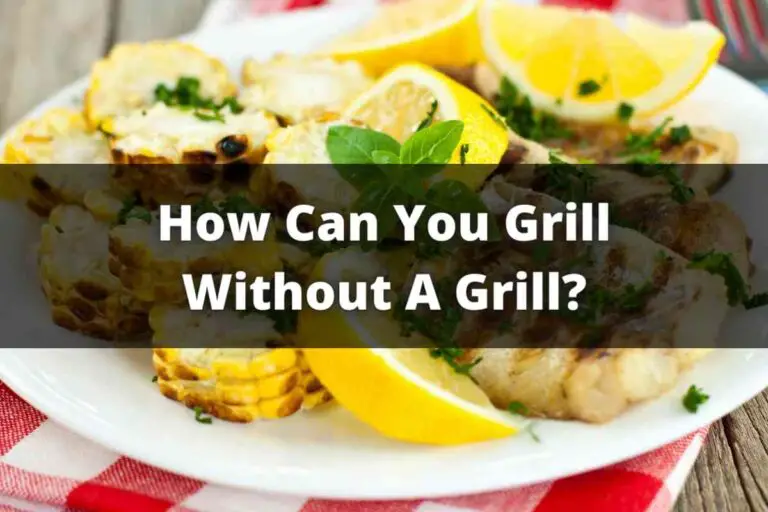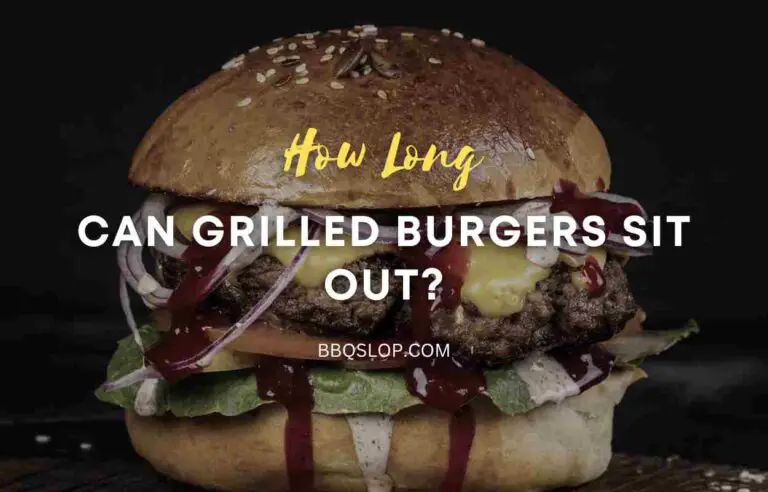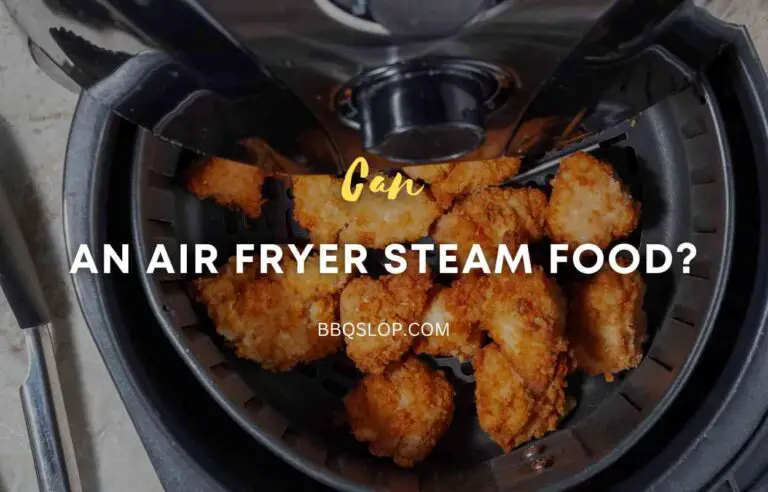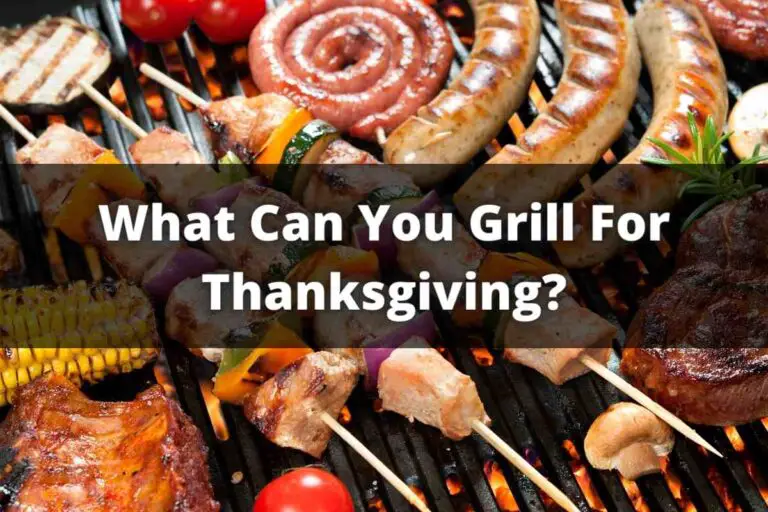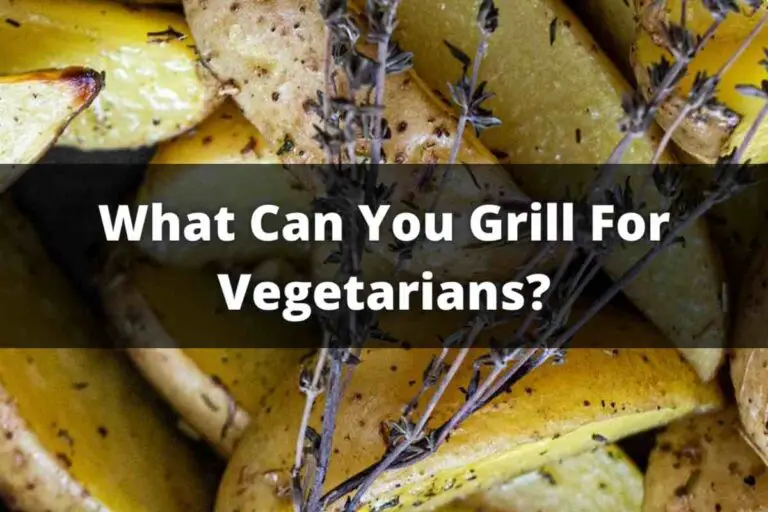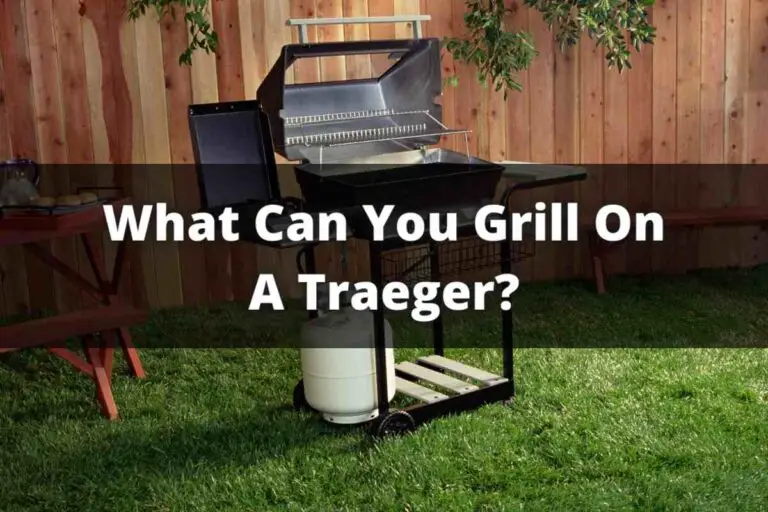Can You Cook on Rusty Cast Iron Grill?
As an avid grill user, I’ve had my fair share of experience cooking on all sorts of grills – gas, electric, and cast iron. And while I love the flavor that a cast iron grill imparts on my food, I’ll admit that keeping one in good condition can be challenging.
I often get asked whether or not it’s safe to cook on a rusty cast iron grill. After all, rust is a sign of wear and tear, and it’s natural to wonder if cooking on a rusted surface is safe.
Well, in this article, I’ll share my personal experience and research on cooking on a rusty cast iron grill. I’ll cover the potential risks and benefits, as well as provide some tips on how to properly maintain and care for your cast iron grill to avoid rust in the first place.
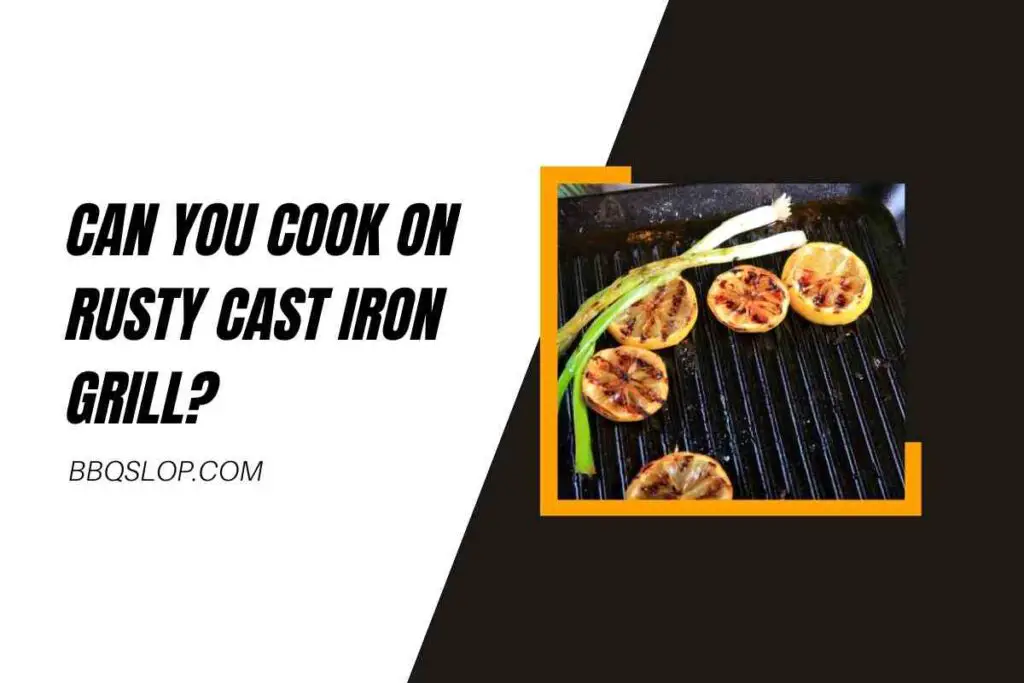
Can You Cook on Rusty Cast Iron Grill?
The short answer is yes; you can cook on a rusty cast iron grill. However, it’s important to note that cooking on a heavily rusted grill can pose potential health risks.
Rust is a type of oxide that forms on the metal’s surface when exposed to water and oxygen. While it may not look appealing, rust on a grill does not necessarily mean it is unsafe.
However, if the rust on your grill is severe and flaky, it could flake off and mix with your food as you cook. This could lead to the ingestion of small rust particles, which could cause digestive issues.
Additionally, a heavily rusted grill may not be as structurally sound as a well-maintained one, making it more prone to breaking or collapsing.
So, while you can technically cook on a rusty cast iron grill, it’s important to consider the potential risks and address any significant rust issues before cooking on it.
Benefits of Cooking on Cast Iron Grill
Despite the potential risks of cooking on a rusty cast iron grill, there are still plenty of general benefits to cooking on a cast iron grill.
One of the main benefits of cooking on a cast iron grill is the flavor that it imparts to your food. Cast iron has a high heat retention capability, which means it can reach and maintain high temperatures for an extended period.
This allows you to get a good sear on your food, which can help to lock in juices and enhance the overall flavor.
Another benefit of cooking on a cast iron grill is that it can be used on various cooking surfaces, including a stovetop, oven, or even over an open flame. This makes it a versatile cooking tool that can be used for a wide range of dishes.
How to Maintain and Care for Your Cast Iron Grill?
Now that we’ve covered the potential risks and benefits of cooking on a rusty cast iron grill let’s talk about how to maintain and care for your cast iron grill to prevent rust from forming in the first place.
One of the most important things you can do to prevent rust on your cast iron grill is to keep it dry. After each use, thoroughly dry your grill with a clean cloth or paper towel. This will help to remove any excess moisture that may have accumulated during the cooking process.
It’s also a good idea to store your cast iron grill in a dry place, such as a cabinet or pantry, rather than leaving it outside or in a damp area. This will help reduce the chances of moisture coming into contact with the grill’s surface, which can lead to rusting.
In addition to keeping your grill dry, it’s also important to oil it regularly to prevent rust from forming. This can be done by applying a thin layer of cooking oil to the grill’s surface before and after each use. This will help to create a barrier between the metal and the elements, which can help to prevent rust from forming.
Another helpful tip is to use a grill brush or scraper to remove any food debris or excess oil from the grill’s surface after each use. This will help to keep the surface clean and smooth, which can also help to prevent rust from forming.
How to Remove Rust from a Cast Iron Grill?
If your cast iron grill has already developed rust, don’t despair – it’s still possible to remove it and restore your grill to its former glory. Here are a few methods you can try:
- Use a grill brush or fine-grit sandpaper to scrub the rust off the grill’s surface. Be sure to wear protective gloves and goggles to avoid getting any metal particles in your eyes or skin.
- Create a paste using equal parts water and baking soda, and apply it to the rust on the grill. Let it sit for a few hours, then scrub it off with a grill brush or fine-grit sandpaper.
- Soak a cloth in white vinegar and place it over the rust on the grill. Let it sit for a few hours, then scrub the rust off with a grill brush or fine-grit sandpaper.
- If the rust is particularly stubborn, you can try using a commercial rust remover product according to the instructions on the label.
Regardless of your chosen method, rinse and dry the grill thoroughly after removing the rust to ensure it is clean and ready for use.
How to Prevent Rust from Returning on Your Cast Iron Grill?
Once you’ve removed the rust from your cast iron grill, it’s important to take steps to prevent it from returning. Here are a few tips to keep in mind:
- Keep the grill dry and store it in a dry place when not in use.
- Oil the grill’s surface before and after each use to create a barrier against moisture.
- Use a grill brush or scraper to remove any food debris or excess oil from the grill’s surface after each use.
- If the grill is not used for an extended time, consider applying a coat of rust inhibitor or storing it in a rust-inhibiting bag.
By following these simple tips, you can help to keep your cast iron grill in good condition and prevent rust from forming.
Conclusion
To sum up, while it is technically safe to cook on a rusty cast iron grill, it’s important to consider the potential risks and address any significant rust issues before cooking.
By properly maintaining and caring for your grill, you can help prevent rust from forming in the first place and enjoy all the benefits a cast iron grill offers.

